- Honesty shopping, Swizerland
In the shape of honesty stores, little little shops in the centre of the Swiss Alps share the idealism of this civilization. These are little stores where you may buy fresh cheese, milk, bread, honey, and butter. A consumer is expected to leave the correct amount of money in the honesty box after selecting a vegetable. Stores are run by farmers who are out taking care of the animals most of the day The money will be collected by the proprietor of the stand in the evening. In this shop, there are no shop assistants, cameras, or supervisors. You simply explore the store and select what you desire, place the exact amount of money in an envelope, place it in the designated honesty box, and feel good about yourself.
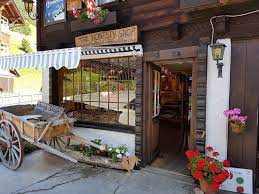
And what’s even more remarkable is that this level of consumer trust leads to extraordinary customer loyalty and honesty in the communities.
- Heart-warming hospitality, Turkey
Turkish culture is built on hospitality, and the Turkish people feel that visitors should be regarded as God’s guests. This mindset has survived into the twenty-first century, and it does not appear that mass tourism has changed it. In fact, most Turks appreciate the opportunity to meet people from other countries, learn about other cultures, and perfect their language abilities. If you are a non-native of Turkey and are having difficulties, the native turkey will assist you. And they will provide you with free assistance, including a place to stay in their home and food for your meal or lunch. You will be astounded by their graciousness. They think you are representative of God.
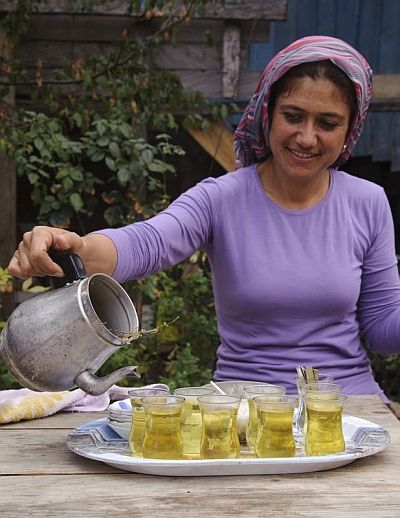
Turkish hospitality should be emulated around the world.
- Colombia — “Tranquilo”
Flights will most likely be cancelled, buses will not operate on time or at all, and you will most likely walk up to school as a teacher and find that there will be no class – for two weeks. It makes no difference. Tranquilo. It’s unimportant; don’t be concerned; relax. This prevailing attitude in Colombia creates a constant air of tranquilly because everything will work out, especially with the overwhelming kindness of every Colombian who will go out of their way to assist you when you’ve missed a bus, don’t have a plane, or need something to do when you’re unemployed for two weeks. And I’m convinced that this tranquilo way of life is the reason why all Colombians appear to be eternally young.
- No Tips—South Korea
Korea is essentially a tip-free society. Cab drivers, like personnel at local restaurants and motels, do not demand any compensation for their services. Porters and bellboys aren’t expecting a tip either. Tipping is in our blood as someone who was reared in the United States and worked in the food service industry throughout university. We would like to tip everyone as a way of expressing our appreciation for their efforts and unity with them. But there is exception in Korea. They think that it is insulting to tip them. The globe should think about this habit and concept.
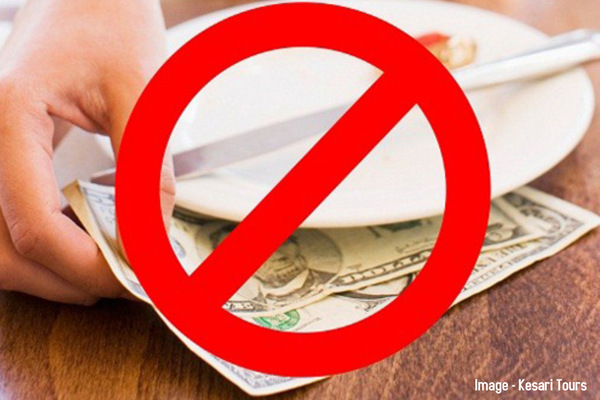
5. In Colombia You Drink “Tinto” All Day. Everywhere.
Colombians refer to dark coffee as tinto. Tinto means “ink” in English, and that is exactly what it looks like. Some people add canela to it in some places, although it’s supposed to be drunk black.
You’ll notice how Colombians drink tinto all day in every city you visit. There are no rules about when you should or should not drink it for breakfast, lunch, or a street dinner.
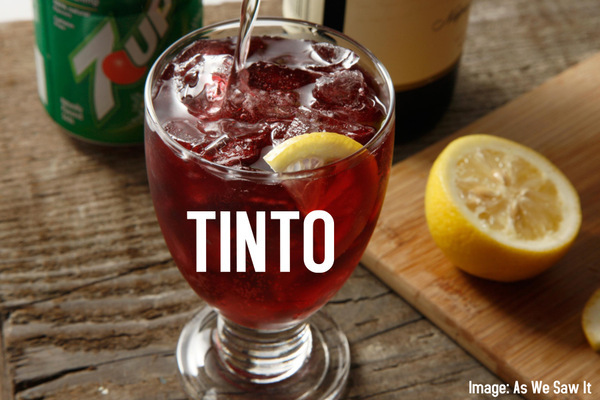
On the other hand It’s tinto time all of the time. You simply stop for 10 minutes at one of the hundreds of tinto carts or street vendors to enjoy your sweet-caffeinated pick-me-up, catch up on local gossip, and speak with friends. Tinto time implies you’ll probably be late for that meeting, but everyone else will be, too, because everyone pauses for tinto.
6. Japanese Noodle slurping
The majority of Japanese people slurp their noodles for two reasons. The first is that slurping improves the taste of the dish. Slurping the noodles allows one to take both the noodles and the air into their mouth at the same time, enhancing the flavour of the noodles even more. Japanese slurp their food if they suck it into their mouth loudly. Slurping their noodles is considered polite in Japan. In Japan and China, slurping your noodles loudly is considered a compliment to the cook – a sign of deep appreciation for your one-bowl dinner.
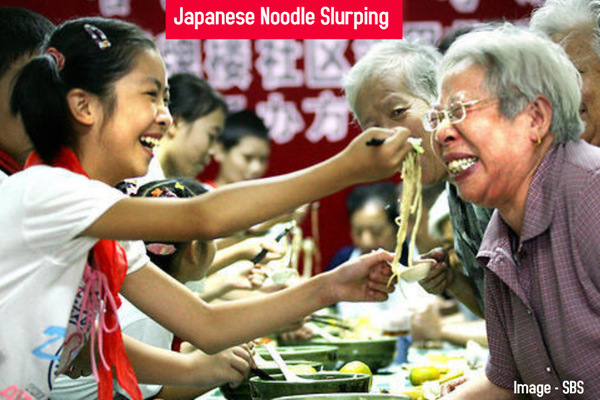
Reaching over someone’s plate to take up food or other items is disrespectful. Diners should always request that goods be passed to them at the table. Slurping food, eating loudly, or making noise with silverware is also considered impolite. Elbows should not be used on the table.
7. Christmas Eve books giving in Iceland
Since 1944, when the Reykjavik Book Fair takes place in the middle of November, the Icelandic book trade has delivered a book bulletin to each household. People order books from this catalogue to give to their friends and family on Christmas Eve, Iceland’s primary gift-giving day.
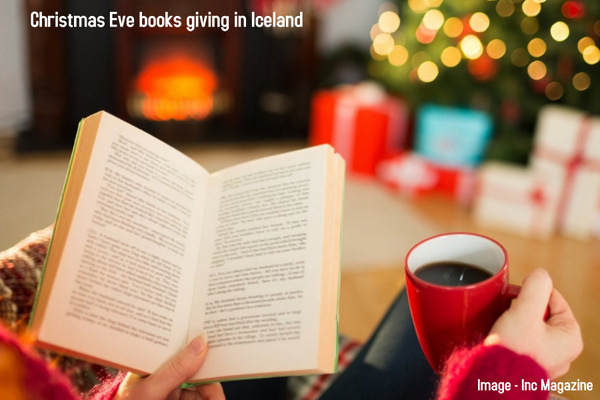
The Icelandic people perform a tradition known as ‘jolabokaflod,’ which translates to ‘Christmas book flood,’ on Christmas Eve. On Christmas Eve, Jolabokaflod entails presenting books as gifts so that friends and family can spend the evening snuggled up with a nice book.
In this lovely Christmas tradition, Iceland has preserved the culture of books, which many countries would do well to replicate!
